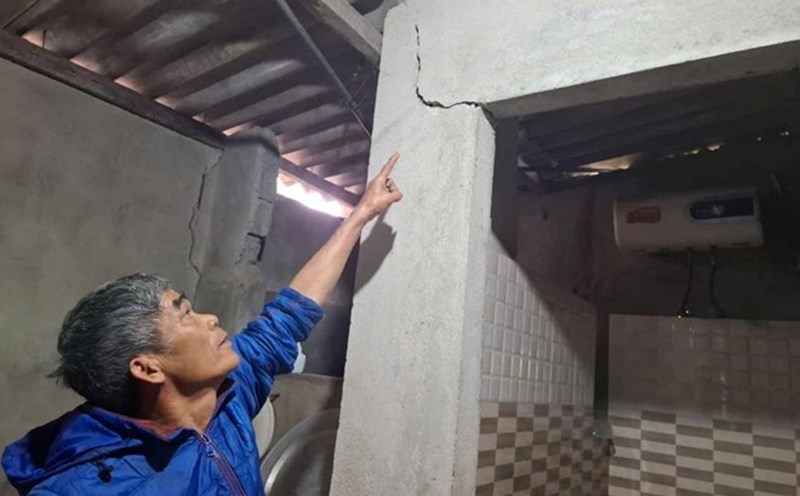On the morning of May 11, Nhan Dan Newspaper in collaboration with Phacogen Technology Institute organized a seminar on "Story of screening, diagnosis and treatment of colorectal cancer in Vietnam", sharing about the role of modern screening, diagnosis and treatment methods and strategic orientation to effectively control this disease in Vietnam.
Vietnam is facing an increasing burden of cancer. According to the World Health Organization (WHO), each year Vietnam records about 165,000 new cases and 115,000 deaths from cancer. The standard age mortality rate is 104/100,000 people, ranked 57th in the world.
In particular, colorectal cancer is one of the most common types of cancer in Vietnam and is trending younger, with the diagnosis rate in people under 50 years old increasing by 45% since 1995.
Associate Professor, Dr. Vu Van Khien - General Secretary of the Vietnam Gastroenterological Science Association, a leading expert in the field of digestion - said: In fact, colorectal cancer is one of the leading threats to public health in Vietnam.
According to GLOBOCAN statistics in 2022, our country recorded more than 16,000 new cases, and over 8,400 deaths from this disease - ranked 4th in terms of incidence rate and 5th in terms of mortality rate for cancers. The rate of early cancer in young people is increasing.
"What makes doctors like us worried is the "aging" trend of the disease. Not only the elderly, but also young people in their 30s - 40s, even 20s, can suffer from the disease. Modern lifestyle - unhealthy eating, lack of exercise, prolonged stress - are the " detonator" for the strong outbreak of colorectal cancer. If we do not act immediately, we will face a real health crisis in the near future" - Associate Professor Vu Van Khien said.

Normally, health organizations recommend that people aged 45 and over start screening for colorectal cancer, especially those with a family history of the disease or suspected symptoms. For those at high risk, such as people with chronic inflammatory bowel disease or obesity, screening may be considered earlier.
Associate Professor Khien also said: Currently, there are popular methods of screening for colorectal cancer in the world such as: colon endoscopy; blood testing in stool (FIT/FOBT); colon virtual endoscopy; Multi- targets DNA testing in stool.
However, currently, the implementation of invasive measures such as endoscopy has not been adapted by people due to fear of taking bowel exfoliants or fear of anesthesia... Therefore, the method of blood testing in stool is popular with many people because there is no need to perform invasive measures.
Currently, the US and China are the two major countries that apply multi- targets DNA testing in feces, showing sensitivity and specificity over 90%. The US also recommends that people should do this test every 1-3 years. When detected as positive, patients will be recommended to have anorectal endoscopy to detect whether there are inflammation, ulcers, or damage.











